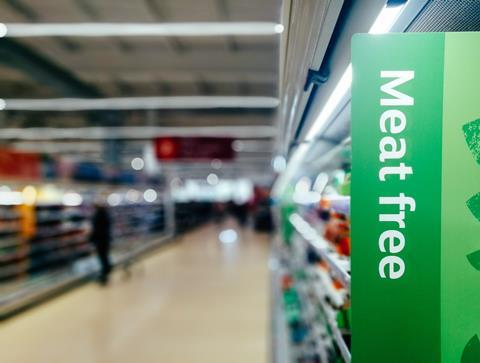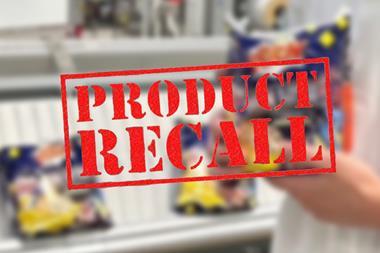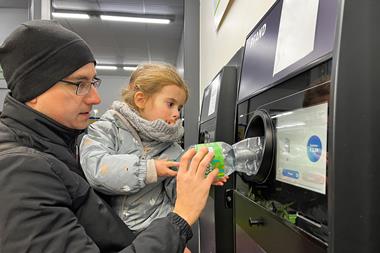
For consumers who suffer from allergies, the weekly shop is a stressful task. It is impossible to consider every label on every food, so consumers have been forced to find their own workarounds.
One such workaround is to buy vegan food where the allergy is to an animal-based product. That’s confirmed by FSA research, which found 62% of such consumers are confident that products labelled vegan are safe to eat.
As such, the FSA recently launched new advice highlighting the risk of labelling food as vegan. The reason vegan labels cannot be relied upon, according to the FSA, is the risk of cross-contamination with animal-based allergens if produced in the same factory as animal-based products.
While the implied acknowledgement by the FSA that allergen rules are failing is welcome, the advice neither addresses the problem nor provides any assistance to shoppers. Merely telling people to avoid the one sensible workaround they have identified does nothing to assist them. For affected consumers, the upshot of the FSA’s advice is they must either only purchase free-from foods – which are very limited – or take their chances and continue to buy vegan.
But the advice does have practical implications for vegan food businesses. If in doubt, the FSA now says food producers should use a precautionary allergen label (PAL) alongside the vegan label. It marks an escalation of previous FSA advice, which only suggested the use of PALs where there was a genuine and known risk of cross-contamination. While we can see this could be open to abuse, a PAL is the only way for food businesses to safeguard consumers.
In an ideal world, free-from foods would be the best option for consumers with allergies. Companies that know and understand allergens, and have robust systems in place to guard against any cross-contamination, are best placed to ensure rules are followed.
But it’s an unfortunate reality that absolute protection for the consumer can never be guaranteed. There is an inherent risk of cross-contamination in all parts of the food supply chain. Consumers should be aware of this risk.
This recent FSA update may be the point at which consumers realise the inherent unsafety in relying on any label. If so, it would be a welcome breakthrough.



















No comments yet